Many people experience scarring as a type of fibrous tissue that replaces normal tissue following a skin injury. Some people experience keloids which appear as raised scars. These keloid disorders are usually either rubbery and firm or fibrous and shiny. They’re usually either pink, red, dark brown or match a person’s skin color.
Generally, keloids are benign, but they can change in appearance. Some people experience itching or pain. Worldwide, these disorders are observed in people of African, Asian and Hispanic backgrounds; however, the condition occurs much more frequently in those of sub-Saharan African descent than other groups in the United States. Taking CBD for skin conditions is a common occurrence with anecdotal reports of success. Given the anti-inflammation effects of CBD, can it heal keloids and relieve its symptoms?
An overgrowth of collagen at a wound site results in a lump or formation that is larger than the original scar. The appearance and feel of a keloid depend on its maturity. Type 3 collagen forms and is eventually replaced by type 1. Keloids can be painful or itchy. Although they usually form at the site of an injury, they can also occur spontaneously. These disorders tend to arise due to the following issues:
• Skin piercings
• Burns
• Acne
• Chicken pox
• Wound infection
• Continuous trauma to an area
• Extreme skin tension in closing a wound
• Foreign body inside of a wound
Studies have shown that those with darker complexions are at a higher risk of experiencing keloids. A family history of the condition is also a risk factor.
How Can CBD Help?CBD is commonly regarded for its pain-relieving and anti-inflammatory benefits. Some people take CBD for skin damage or injury, so it’s worth exploring how it might help for keloid disorders. While research has established a connection between the endocannabinoid system and scars, CBD has not been shown to cure keloid scars. It may be effective when it comes to relieving the pain and itching that is sometimes associated with this disorder. Make an appointment with a dermatologist and discuss your concerns about how to apply CBD for scars and get recommendations on dosage.

Explore this cbd consumption methods tutorial and follow the step-by-step process to select, use, and verify the safest ways to consume CBD for wellness.
Read More
Learn what CBD edibles are, their main types, expected effects, legal status, safety factors, and how they compare to other forms of CBD.
Read More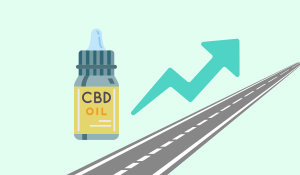
Therapeutic Uses of CBD Managing Chronic Pain with CBD Struggling with chronic pain? CBD might help. Studies suggest it can reduce inflammation and alleviate discomfort,...
Read More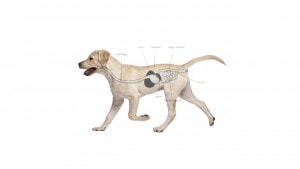
Just as CBD may help humans due to its interaction with the body’s endocannabinoid system, the same is true of dogs. CBD has the potential...
Read More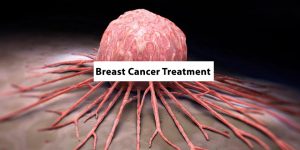
Cannabis has been used for millennia to treat numerous health conditions. Current research offers promising results on the effects of CBD oil on breast cancer.
Read More
What Is CBD for Cats? CBD (Cannabidiol) is a natural compound from hemp. It’s non-psychoactive, meaning your cat won’t get “high.” Instead, it works with...
Read More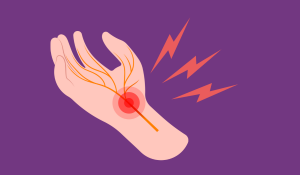
1. Understanding Neuropathic Pain Neuropathic pain results from nerve damage or dysfunction, causing symptoms like burning, tingling, or sharp shooting pains. Common Causes: Symptoms Include:...
Read More
CBD for Pets: A Pet Parent’s Guide to Dosage We all want the best for our pets, especially when they’re struggling with pain, anxiety, or...
Read More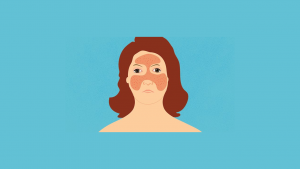
What Is Lupus? Lupus is a long-term autoimmune condition that can impact multiple organs, including the skin, heart, lungs, and kidneys. The most common type...
Read More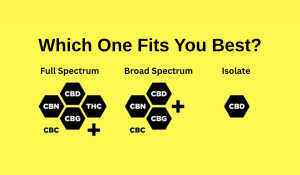
1. Full-Spectrum CBD: The All-In-One Option What it is: Contains CBD, minor cannabinoids, terpenes, flavonoids — and less than 0.3% THC. Why choose it: Promotes...
Read More